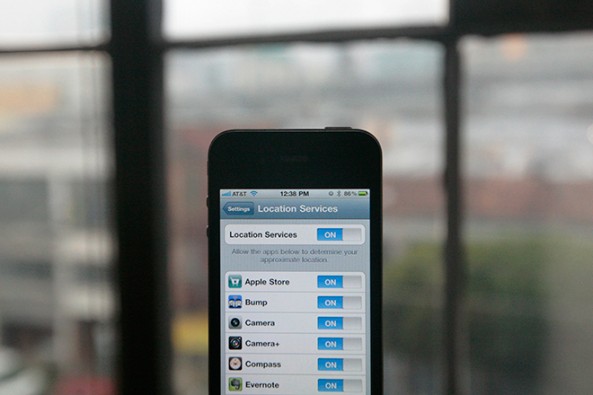Back in 2011 a group of 29 people took action against Apple, claiming that the iPhone-maker was illegally enabling location-based features without their consent (you remember locationgate, don’t you?). Today, however, they’ve backed down after failing to provide sufficient evidence.
The group had been seeking 800,000 won (or $757 USD) per person, but will now turn their attention to a separate class-action privacy suit filed with a regional court, which involves claims from roughly 27,000 iPhone owners in the country and could be worth up to $25 million…
The Next Web reports:
“A group of disgruntled iPhone owners in Korea who sued Apple for violating their privacy with its location tracking service have withdrawn their suit to focus on a larger case, that could be worth $25 million…
..The plaintiffs had been seeking compensation of 800,000 won ($757) per person but will now focus on a separate class-action suit filed with a regional court which involves claims from approximately 27,000 iPhone owners in the country. This case — filed in Changwon, a city 400 km from the capital Seoul — has a more lofty ambition of 1 million won in compensation per person, which could cost Apple more than $25 million in total.”
The massive class-action lawsuit is currently being processed at the Changwon District Court based in the city of Changwon, just southeast of Seoul, South Korea. The suit seeks to award each complainant roughly 1 million won, or just under $1000 USD, in compensation for damages.
It’ll be interesting to see how this South Korea class-action suit turns out, as Apple’s legal team has had fairly bad luck in the country in recent years. Apple’s already lost a handful of location-tracking lawsuits there, and it recently lost a patent infringement case against Samsung.
Even though it repaired the bug shortly after it was discovered, Apple took a signifiant amount of heat for the so-called locationgate. The news sparked multiple invasion-of-privacy lawsuits against the company, and even a US Senate panel discussion on the topic, courtesy of Al Franken.
